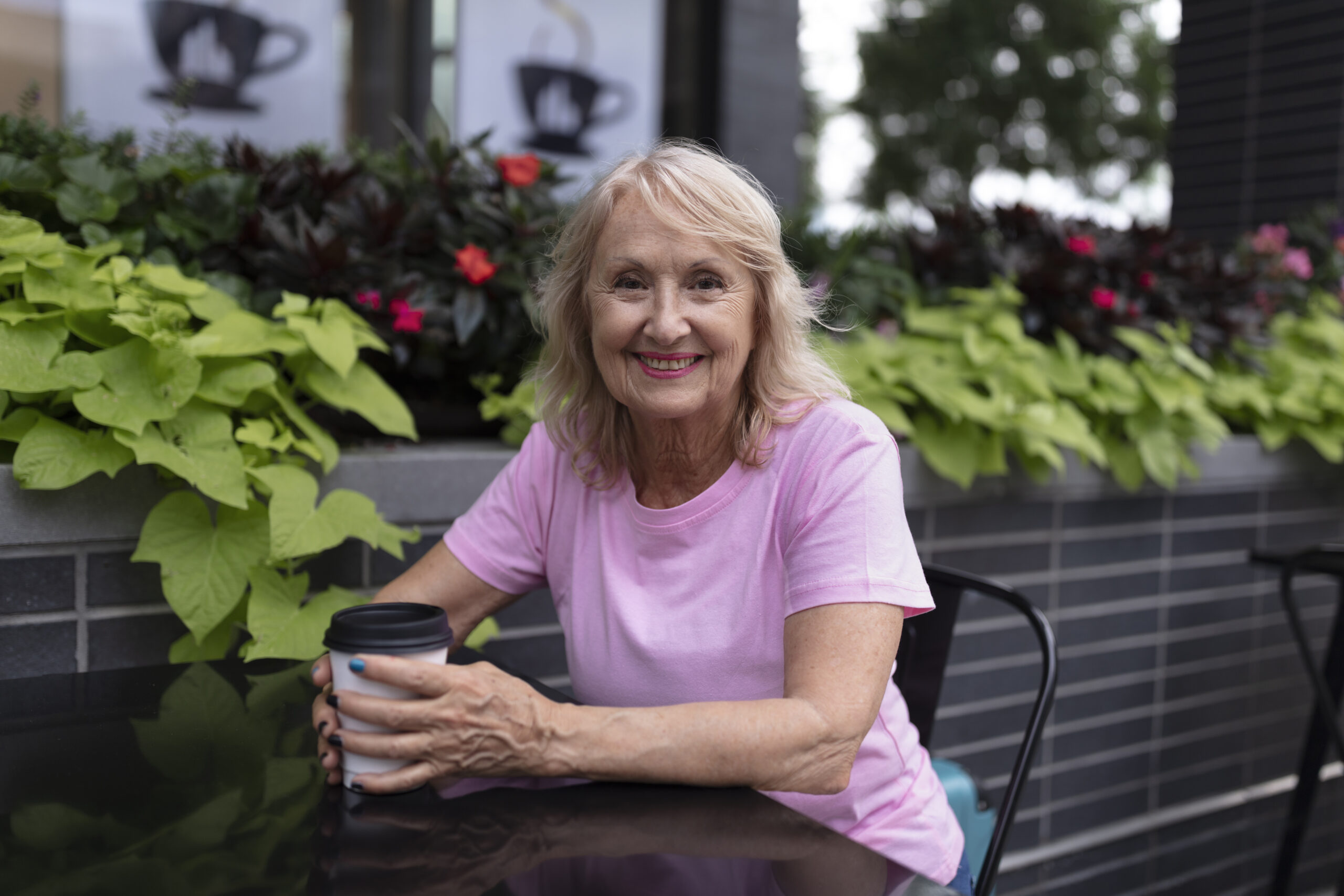 It is estimated that there are over 332,000 Australians living with dementia. According to The Australian Institute of Health and Welfare, this number is expected to triple over the next four decades, jumping to 900,000 by 2050. Worldwide, the number is expected to rise to 135 million sufferers by 2050.
It is estimated that there are over 332,000 Australians living with dementia. According to The Australian Institute of Health and Welfare, this number is expected to triple over the next four decades, jumping to 900,000 by 2050. Worldwide, the number is expected to rise to 135 million sufferers by 2050.
Dementia is a term used to describe conditions that cause a progressive decline in a person’s ability to function. There are more than 100 different conditions that fall under the dementia term. The most common dementias are Alzheimer’s Disease, vascular dementia, dementia with Lewy bodies (DLB), and frontotemporal dementias. Dementia is the third leading cause of death in Australia and poses a serious threat to health, aged care, and social policy. It is the single greatest cause of disability in Australians aged over 65 years.
Dementia is often considered to be a natural part of ageing, but this is untrue. Dementia is in fact a syndrome that deteriorates cognitive function beyond what is expected by normal ageing. It is caused by a variety of diseases and injuries that primarily or secondarily affect the brain, such as Alzheimer’s disease or stroke.
What are the effects?
When cognitive function is disrupted, it affects:
- memory
- thinking
- orientation
- comprehension
- calculation
- language
- learning capacity
- judgement
This is often paired with a deterioration in emotional control, motivation, and social behaviour.
The impact of dementia is vast, causing physical, social, psychological and economic damage to caregivers, families, and society. The total direct health and aged care system expenditureon people with dementia was near $5 billion in 2009-10. By the 2060s, spending on dementia looks likely to overtake spending on any other health condition, rising to $83 billion.
While every sufferer experiences dementia differently, the disease generally leads to a need for full time care. Access to timely, primary and specialist multidisciplinary care services is critical in helping patients maintain health and remain living in the community.
It is estimated that 1.2 million people are involved in caring for a person with dementia. With diagnosis rates increasing so rapidly, Australia faces a shortage of more than 150,000 paid and unpaid carers of dementia by 2029.
The progressive nature of dementia means that the level of care and support required will change over time. The stage of the illness will effectively determine how much care and support is needed.
What are the stages?
 There are three stages of dementia and each comes with its own set of signs and symptoms.
There are three stages of dementia and each comes with its own set of signs and symptoms.
Early stage: The first sign of dementia is often the realisation that thought and memory is not as good as it was in the past. This is commonly overlooked as being a normal part of ageing, often with symptoms noticed by family years before a firm diagnosis is made.
Main symptoms are:
- Forgetfulness
- Losing track of time
- Getting lost in familiar places
- Reduced interest in hobbies
Middle stage: In the second stage of dementia, memory lapses and confusion become more obvious and a person may no longer be able to hide their memory gaps. Short term memory is the most affected, and this may cause a repeat of questions or confusion regarding special events.
Main symptoms are:
- Forgetting appointments and events
- Forgetting people’s names
- Difficulty in communication
- Repeated questioning
- Wandering
- A slip in personal care
- Difficulty in problem solving
Late stage: The late stage of dementia can mean total dependance on a carer and memory disturbances are severe.
Main symptoms are:
- Not recognising friends and family
- Difficulty waking
- Being unaware of time and place
- Behavioural changes, such as aggression
- Greater need for assisted care
- Limited language skills
- Incontinence
Is there any treatment?
There is currently no known treatment to prevent or cure dementia, nor to slow down its course. While some sufferers progress across the three stages of dementia in as little as a few years, others may find the symptoms stretching out over ten years or more. On average, the duration of the disease has been estimated at 4.5 years.
With no known treatment, the burden lies heavily on carers and support services to maintain the health and lifestyle of dementia sufferers. The principal goals for dementia care include:
- Early diagnosis
- Optimising physical health, cognition, activity and well-being
- Detecting symptoms and changes in stages
- Detecting any accompanying illnesses that may be treated
- Providing information and support to carers
Research funding
Despite dementia’s enormous toll on Australian health services, the illness still receives a smaller amount of funding than what is dedicated to some other diseases. In 2013-14, the National Health and Medical Research Centre announced a $226 million breast cancer care package, compared with just $32 million for dementia. However, the Federal Government has committed to providing an additional $200 million for dementia research over the next five years. This will bring Australia’s dementia research sector to over $60 million per annum, placing it in line with other chronic diseases.
Brief dementia overview for 2014
- There are more than 332,000 Australians living with dementia
- It is estimated 900,000 Australians will be living with dementia by 2050
- Alzheimer’s disease accounts for between 60-70% of dementia cases
- There are approximately 24,700 Australians living with Younger Onset Dementia (under 65 years)
- Three in 10 people over 85 years have dementia
- Each week there are over 1,700 new cases of dementia diagnosed in Australia
- There are currently 1.2 million carers of dementia sufferers
- Australia faces a shortage of dementia carers of 150,000 by 2029
- Spending on dementia is expected to increase to $83 billion by 2060, representing around 11% of the designated health and residential aged care sector spending
- Funding for dementia research will increase to $60 million per annum over the next five years
- Worldwide, there are more than 44 million people living with dementia
- If dementia were a country, it would have the world’s 18th largest economy.










